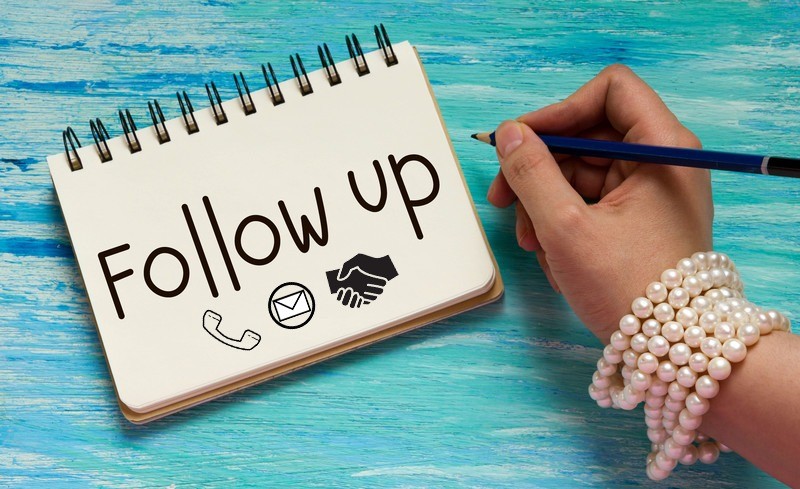
By Amy Vaughan
When opting for marketing services, an agency’s main goal is to produce qualified leads for you, the client. But many companies do not realize the important part they play in the marketing process: lead handling.
As a marketing agency, we generate a steady stream of incoming leads that are then handed off to our clients. Agencies do their best to set clients up for success, but it is up to the client to make the sale. Without a good lead handling process, a lead who is interested in your service or product can slip through cracks – which is the opposite of what we want to happen!
So, what is an effective lead handling process to optimize your inquirer-to-client conversation rate?
In this blog, we will delve into key tactics on how to introduce, manage, and follow up with your leads to give you the best chance on receiving their business.
First Impressions
When someone asks about your services, it is important that they are speaking to the right person. Whether they are reaching out through email, over the phone, or face-to-face, first impressions matter.
Leads often go to waste when they are not sent to a friendly, knowledgeable, and timely sales agent who can answer questions and point them in the right direction. When you receive a phone call, it is important to have a point of contact who always answers the phone, is comfortable with all products and services your company provides, knows the right questions to ask, and can empathize with the caller’s situation.
The person who answers the phone and greets potential customers is often seen as the face of your company, so make sure they are a good fit for the job! A great way to determine this is by using a call tracking program like DialogTech to record any and all phone calls your business receives. That way, you can monitor conversations and successful interactions.
Creating a script can be a great way to train receptionists to say the right things. A typical call script can include an introduction of the company name, the receptionist’s name, and a simple “How can I help you?” Throughout the call, they should be trying to find out the caller’s name, the reason for their call, and contact information.
Determining Lead Quality
Not every lead you speak to will be 100% on board with your services. It will typically take multiple calls or visits to convert them to a client. But, during that initial call or visit, you can usually determine which leads are qualified and worth following up with.
Leads who are interested typically:
- Are open to releasing contact information.
- Will give out their first and last name.
- Explain their reason for calling.
Leads who are not interested typically:
- Are skeptical or unwilling to answer basic questions.
- Are hesitant to release their contact information.
- Hang up or will speak with you for under one minute.
If the sales agent determines that the caller is unqualified, there is no need to waste time following up.
Following Up
After determining that a lead is qualified, it is time to make the sale. Most individuals inquiring about a product or service will not immediately buy, especially if the cost is high, so it is important to build a relationship over time.
According to CallHippo’s The Best Day and Time to Make A Business Call study, there is, in fact, a good time to call potential new business. Try giving leads a call:
- On Wednesday or Thursday
- At 11 a.m. to 12 p.m. or 4 p.m. to 5 p.m.
- Or, if they left you a message, the absolute best time to contact someone is within an hour of them showing interest.
One of the most important factors in following up is persistence. Most people are reluctant to pick up the phone to make a call, but phone calls are still the best way to convert a lead into a paying customer. According to CallHippo’s study, if you miss a lead’s call, you should try connecting with them at least six timesto have a successful conversion rate.
Benefits and Overall Takeaway
While you may not get every qualified lead that comes your way, there are plenty of benefits to lead handling, like an increase in conversion rates and the ability to stay “top of mind” for potential new business. You can optimize your business’s productivity rate by determining what leads receptionists and sales agents should focus their energy on. And, on top of that, create a successful lead handling system that can adapt over time as industries grow, consumers’ needs change or your service list expands.
Following these tips and tricks for better call handling can give your business the extra boost it needs when it comes to lead-to-client-conversion!
About the Author:
Amy Vaughan is a Digital Marketing Specialist at ChoiceLocal, specializing in website audits, search engine optimization, and content creation. In her free time, she enjoys hiking, reading, and being a dog-mom to her three golden retrievers, Maxi, Holly, and Reagan.

